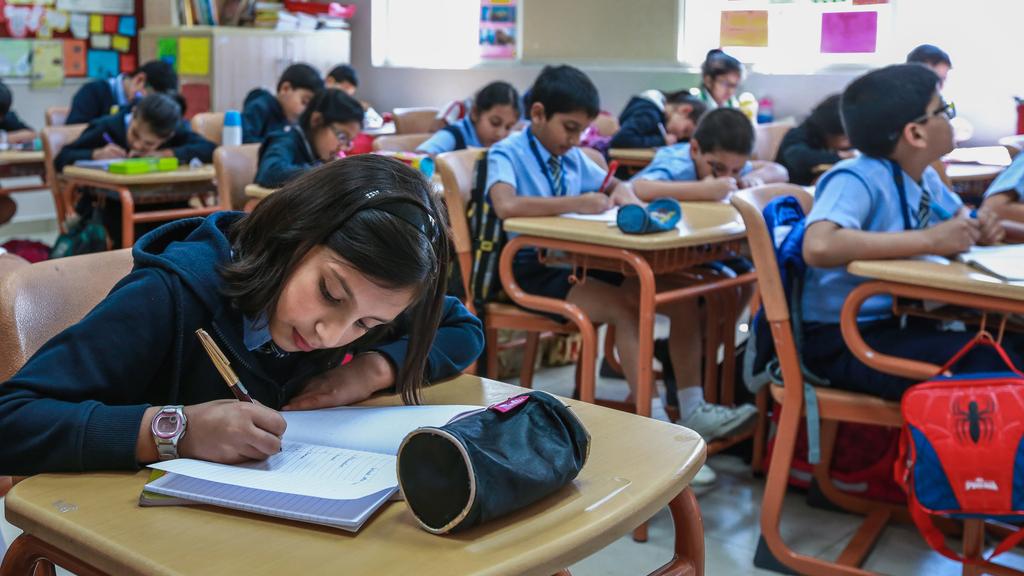Types of Curriculum used in schools
“The purpose of
education is to turn the mirrors into the window.”
It goes without any doubt that
education enables the individuals to shift their attention from self to explore
the universe. And the curriculum is the roadmap to ultimate realities of life.
It is owing to the reason that it is used as the stimulus to trigger awareness
and consciousness among the students for better clarity of the things,
concepts, facts, and mysteries around them.
What is Curriculum? Significance and Categories
In its simple meaning, the
curriculum is referred to the aggregation of all activities, processes and
elements of educational institutions. Therefore, it is the set of all
experiences and tasks which are considered essential for education.
Every education centre or
institute has a predefined plan comprising all materials, schedules, education
activities and related elements which are essential for learning. However,
these may not be the same in every school.
For instance, British curriculum schools in Dubai have their unique educational
activities based on the mission and vision of the institute. Further,
curriculum scope and design often based on the social, cultural and religious
values of the people where the school is operating.
Types of Curriculum
The curriculum is generally
divided into three main categories. Every school implements these types of
curriculum in their educational activities to achieve the predefined
objectives. These are:
1. The
intended results or outcomes
2. The
content or the material to be taught
3. Mechanisms
of implementation
So, the curriculum is generally
defined based on the above-given components or types. It is a planned
experience of learning intended to have some outcomes. These results are
primarily designed by the institutional mission.
1. Explicit Curriculum
It is the curricula which are
formally stated by the schools and is mandated to be taught. It is comprised of
procedures to be followed explicitly to implement the necessary educational
content. It is referred to an official or overt plan to be developed as per the
policies of the institution.
Generally, people only have an
understanding about over curriculum because schools promote it by the terms of
international schools, the qualified British curriculum schools in Dubai, etc.
2. Hidden Curriculum
It can be defined as the
procedures or practices which are adopted as the result of decision making
during the implementation phase.
It is a casual phenomenon that
unexpected situations may be encountered during the implementation of the
explicit curriculum. To handle these circumstances for gradual learning
transition, decisions are made and enforced accordingly.
There are various aspects of
learning which reveal the hidden curriculum. The sources of origin might be the
classrooms, social interactions, educational structure, so more and so forth.
3. Absent Curriculum
It is also referred to as the
null curriculum because the elements of the curriculum are missing from the
classrooms intentionally or unintentionally. It is actually what is not taught
within the school.
It is simple to understand that
every individual has a set of predefined perception and biased. So, usually,
the teachers and other staff are restricted to impose their principles to the
students who may contradict the defined objectives of the school curricula.
Therefore, every educational
institution makes some policies to keep the students away from prejudice and
specific mindset. Instead, endless opportunities are promoted.
Lastly, British curriculum
schools in Dubai focus on universal education with comprehensive learning
opportunities to ensure a bright future for the students. Read more




Comments
Post a Comment